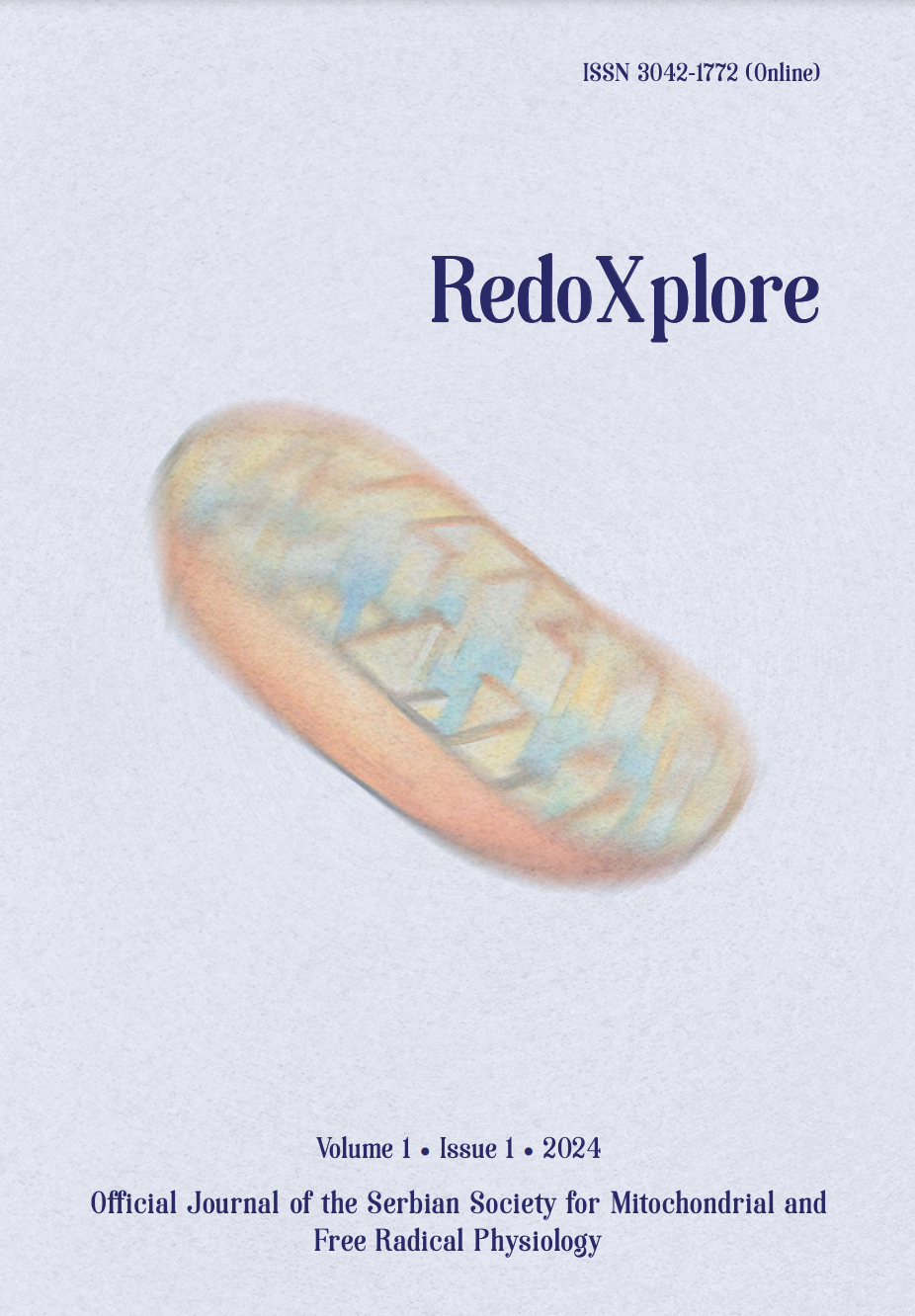Current issue

Volume 1, Issue 1, 2024
Online ISSN: 3042-1772
Volume 1 , Issue 1, (2024)
Published: 29.08.2024.
Open Access
All issues
Contents
29.08.2024.
Professional paper
FATTY ACID PROFILES DIFFER BETWEEN HEALTHY AND MULTIPLE SCLEROSIS-DIAGNOSED ADULTS
Multiple sclerosis (MS) is a chronic, immune-mediated inflammatory disease of the central nervous system (CNS). Relapsing-remitting multiple sclerosis (RRMS) is the most common clinical subtype of MS. MS is characterized by demyelination and myelin is mainly composed of lipids. Lipids play many roles in the CNS including signaling, structural support, mediating inflammation, and membrane biogenesis. Omega-3 polyunsaturated fatty acids (PUFA) are central to maintaining health and they are present in a wide array of tissues with broad functions including the active component of phospholipid cell membranes and substrate for molecular signaling pathways. This study aimed to evaluate fatty acids (FA) profiles of patients with RRMS (n=30) compared to healthy people (n=20). Analysis of total lipids was performed from erythrocyte samples. The total lipid extracts from erythrocytes were prepared by adding chloroform/methanol (2:1, v/v) mixture containing butylated hydroxytoluene (0.05% BHT weight/volume). FA methyl esters were prepared by transmethylation with 3N HCl in methanol. FA profiles were determined by gas chromatography (GC). The content of individual FA was expressed as a percentage of the total FA. Results of this study revealed that total saturated fatty acids (SFA) are significantly higher in MS patients compared to controls. While total PUFAs, total n-3 PUFAs, and omega-3 index are statistically lower in MS patients. The n-6/n-3 ratio is significantly higher in MS patients compared to controls. Also, the AA/EPA ratio is significantly lower in the control group compared to MS patients. Conversely, the EPA/AA index is significantly reduced in MS patients. Omega-3 lipids, which have a protective role by preserving the blood-brain barrier, are significantly reduced in the erythrocytes of patients with MS. Increased n-3 PUFA and decreased SFA intake could counteract inflammation, energy storage and utilization imbalance and, overall state in patients with MS.
Slavica Ranković, Marija Takić, Jovana Kuveljić, Maja Bosković, Evica Dincić, Aleksandra Stanković, Maja Živković





